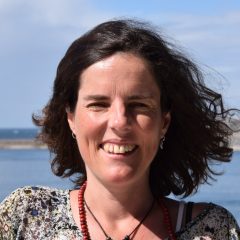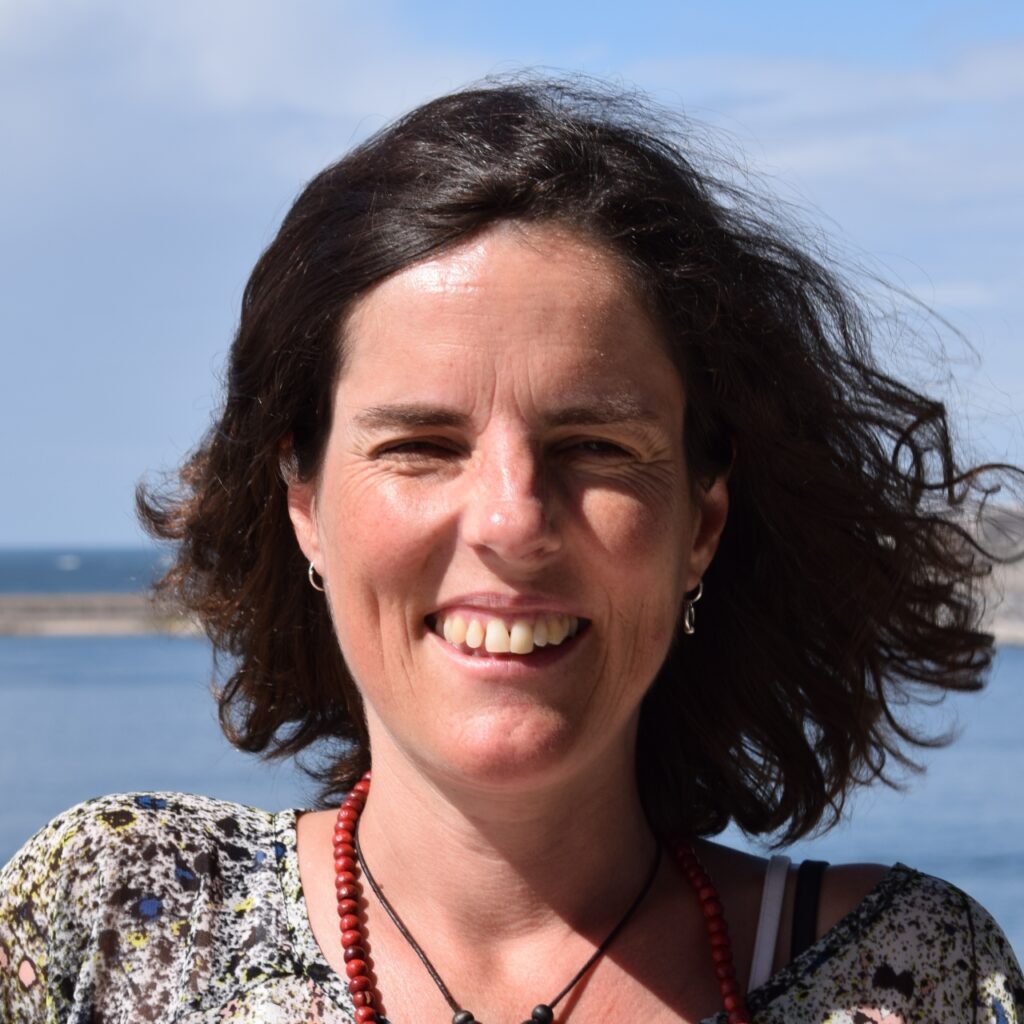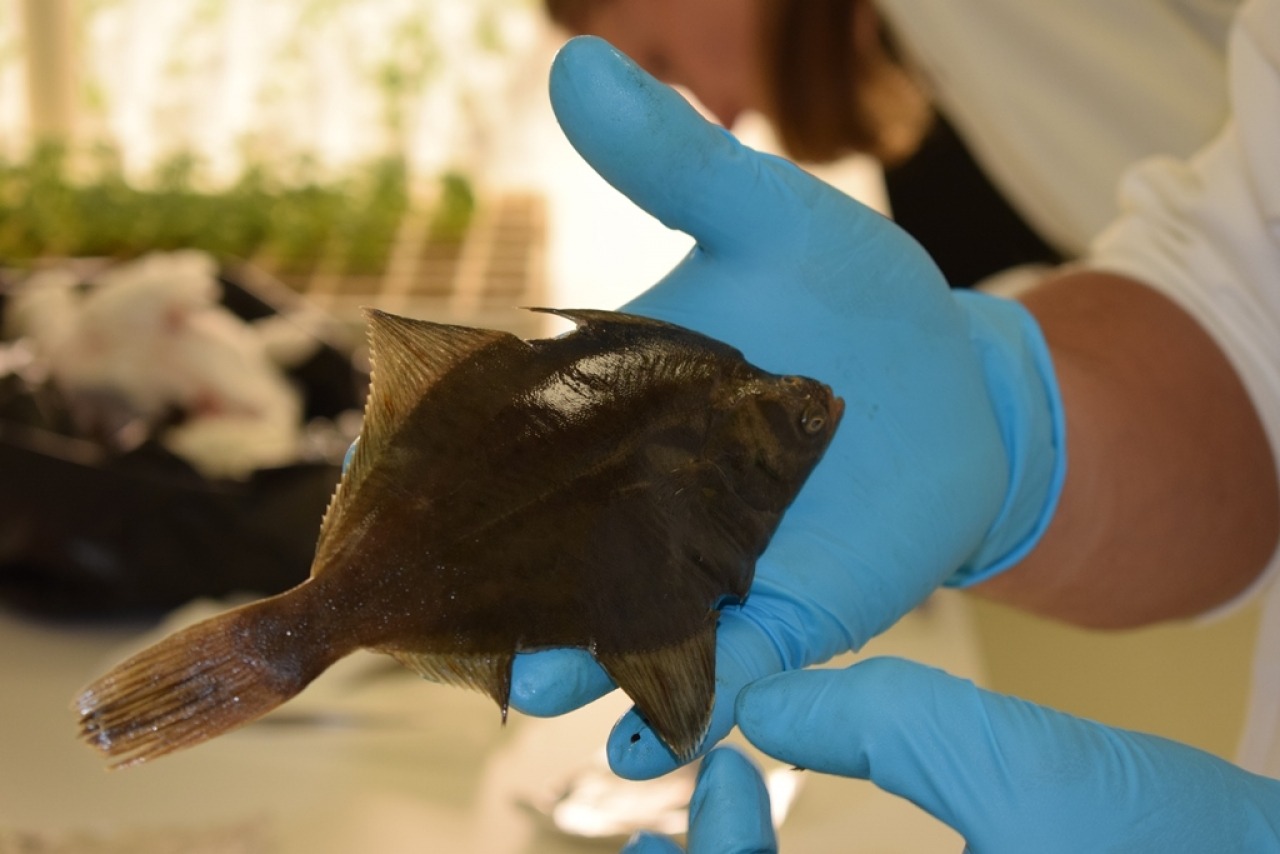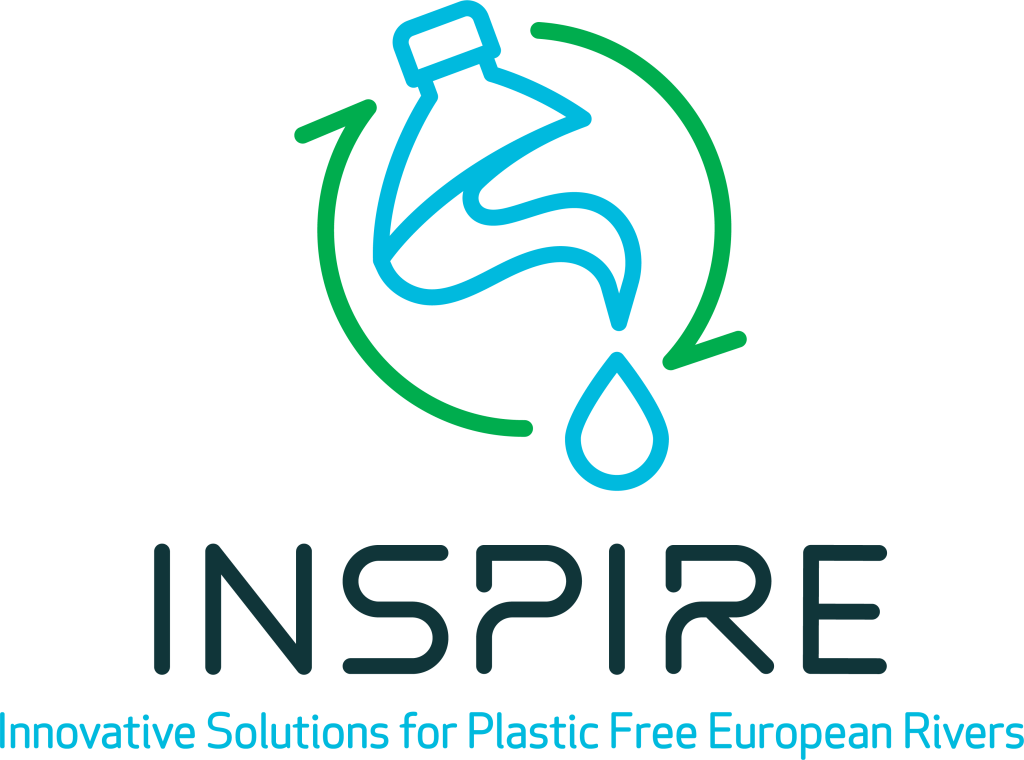

Group Leader
I’m a biologist and the leader of the Fish Ecology and Sustainability research team. My primary research area is marine ecology, specifically concerning fish communities. I’m particularly interested in understanding how human activities, including marine litter and microplastics, impact ecosystems and their ability to provide services and societal benefits. In my research, I’ve been employing innovative approaches to leverage stakeholder knowledge, as Fishers Ecological Knowledge, and provide scientific support to environmental managers and decision-makers. Throughout my career, I’ve bridged the gap between science and society, advocating for stakeholder integration in science, fostering collaborative solutions for environmental issues, and promoting Ocean Literacy.









